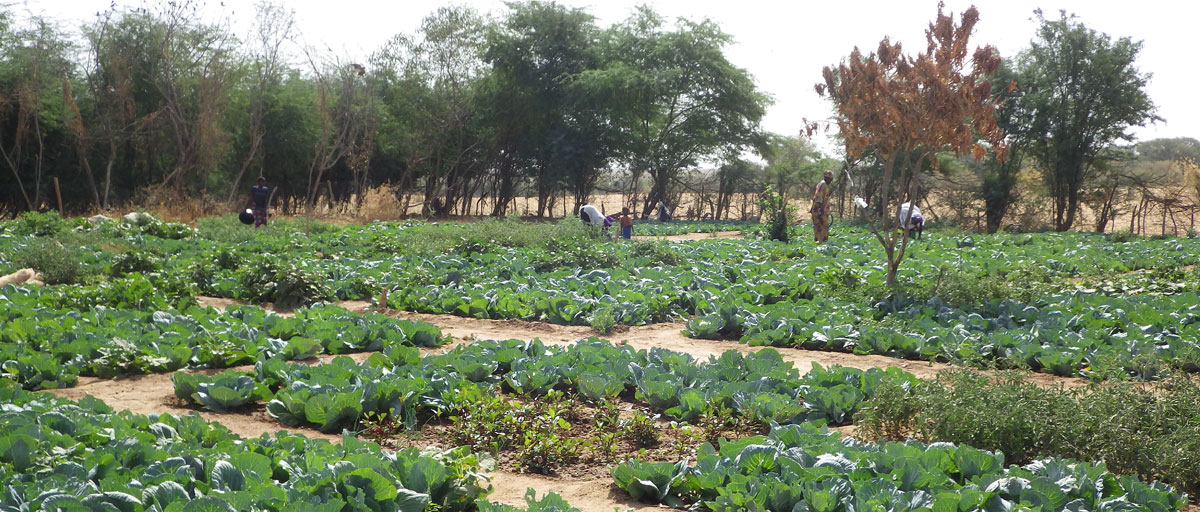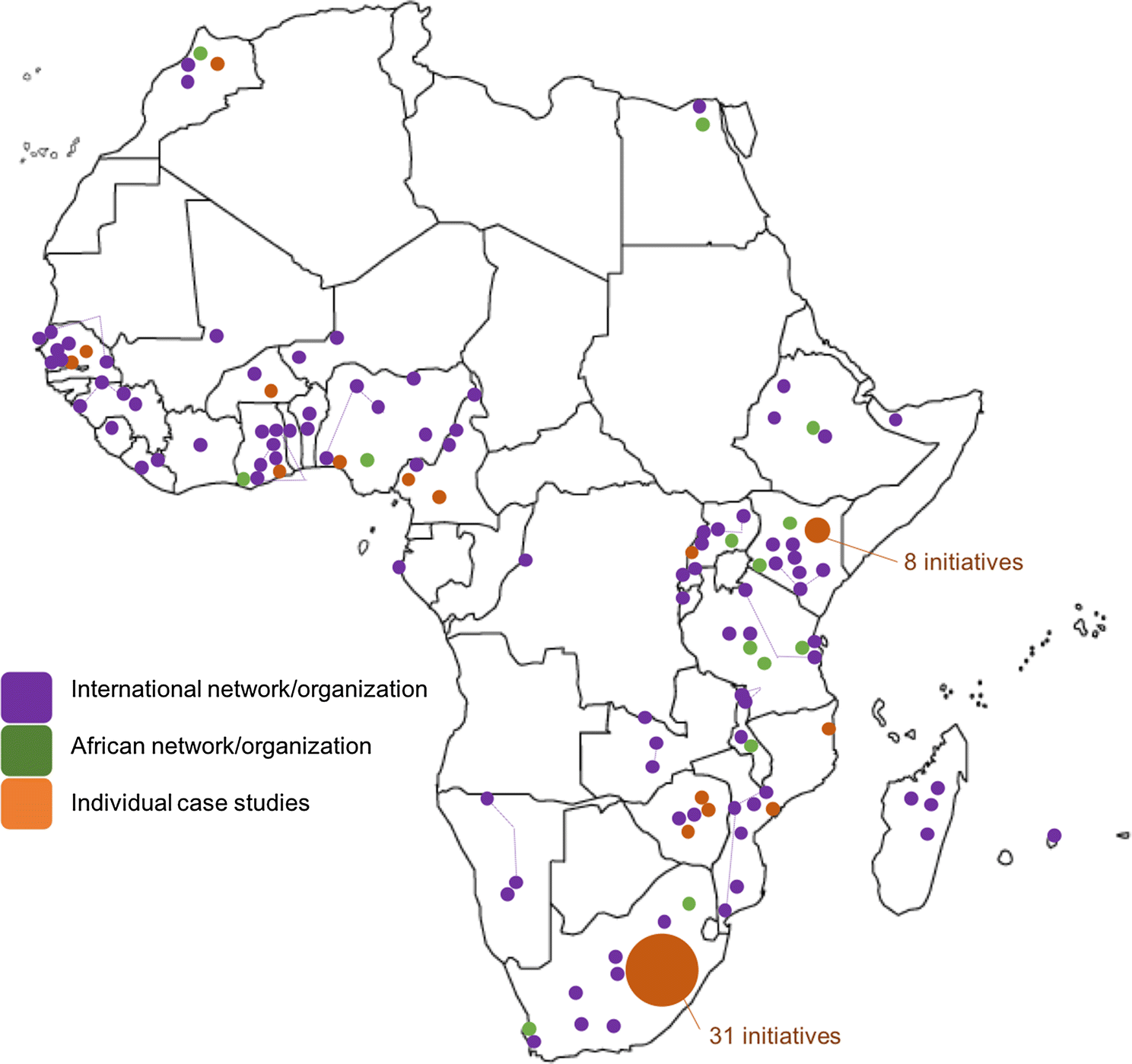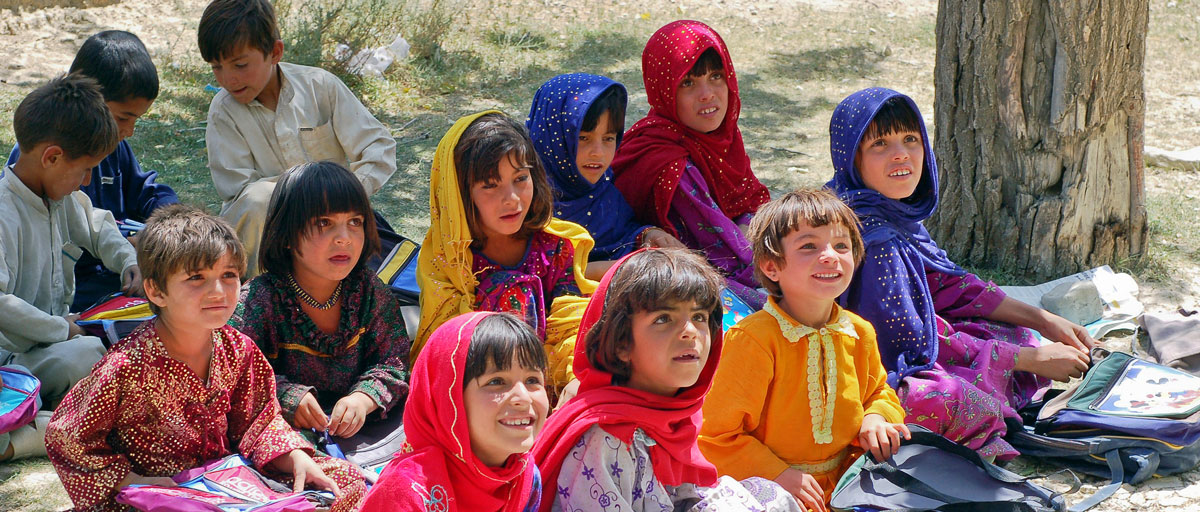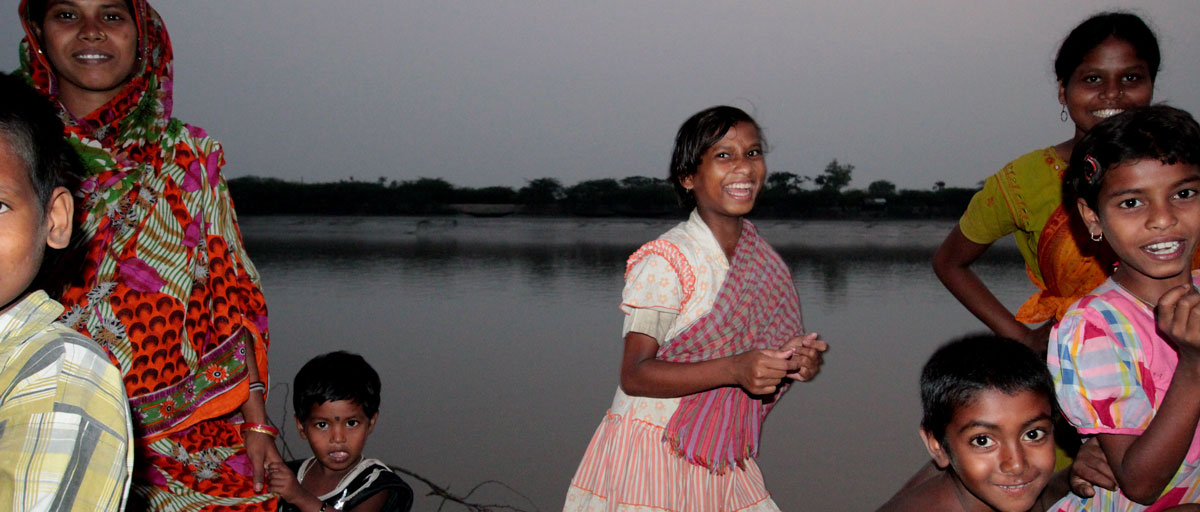
A study in Sustainability Science takes a closer look at how initiatives in Africa address SDG targets and the types of interactions between them. This is done to enhance understanding of specific ways local movements can engage with the SDGs. Photo: J-L. Piery
Bildtext får vara max två rader text. Hela texten ska högerjusteras om den bara ska innehålla fotobyline! Photo: B. Christensen/Azote
SUSTAINABLE DEVELOPMENT GOALS
Local lessons for sustainable development
A study of local sustainability projects in Africa offers a new approach to understanding how grassroots projects address the SDGs
• New study investigates how local sustainability projects support and connect multiple SDGs.
• The researchers explore this in African initiatives by categorising SDGs into groups based on how the various projects address these goals and their targets.
• This study stresses the importance of learning how local initiatives contribute to global sustainable development.
A key theme emerging from sustainability research is how local actions can have a global impact. Take grassroots movements for instance, where local initiatives integrating the surrounding community and environment are rapidly expanding. This creates the collective action needed to drive global change.
Yet, there is a gap in the research regarding the role such movements play in shaping global changes to align with the UN’s 17 Sustainable Development Goals (SDGs).
A recent study in Sustainability Science explores this idea of local movements being key players in achieving the SDGs by 2030. Centre researchers Amanda Jiménez-Aceituno, Garry Peterson, Albert Norström, Grace Wong and Andrea Downing investigate this in local African sustainability projects.
Sourcing information from the Seeds of Good Anthropocenes, an initiative aimed at counterbalancing dystopic visions of the future with positive ones, they test how these initiatives integrate specific SDGs and their targets.
While the SDGs are framed at a global level, the initiatives and behaviours that might lead to sustainable development are enacted primarily at local, national and regional levels.
Amanda Jiménez-Aceituno, lead author
Local lessons, global goals
Considering the smaller scale of local initiatives, their influence on the SDGs is often overlooked. However, the authors argue that merging policy-level changes with community-level movements is vital to achieving what the SDGs strive to accomplish on a global scale. They also stress the need to track SDG interactions within local sustainability projects.
Taking a closer look at how initiatives in Africa address SDG targets and the types of interactions between them, the researchers focus on the variety and number of goals addressed by projects. This is done to enhance understanding of specific ways local movements can engage with the SDGs.
Highlighting main takeaways from the study, the researchers categorise six groups of SDGs (with the first group not being connected to other goals) to outline how they are used by local sustainability projects in Africa:
1. Goal 11 (sustainable cities & communities), addressed by almost half of all chosen projects, did not cluster with any other SDG
2. Represents SDGs 7 (energy) and 9 (industry & innovation) addressed by specific projects, such as solar energy initiatives Solar Turtle and Ishack
3. Represents less supported SDGs: 14 (oceans), 3 (health), 13 (climate action), and 16 (peace & justice) with only a few of the African sustainability projects adressing these goals
4. Goals 17 (partnership) and 4 (education) were used by multiple seeds as a mean to implement other SDGs. For instance, the Nosso Mar, Nossa Vida project focuses on collaboration and sharing knowledge to support sustainable resource management.
5. Projects with a wider reach addressed Goals 8 (decent work & growth), 10 (reduced inequalities), 1 (no poverty), 2 (zero hunger) and 6 (clean water). Multiple sustainability projects integrate these goals such as the Kwetu Training Centre, which addresses a range of goals and targets in its aim to improve the livelihoods of coastal communities.
6. Involves cross-cutting goals, such as Goals 5 (gender), 12 (responsible consumption & production) and 15 (biodiversity). The Seed and Knowledge Initiative is an example of such a project, which aims to integrate perspectives from “policy makers, NGOs, researchers and farmers' organisations” to foster sustainable agriculture, and women is one of the involved actors.
Diversifying strategies and visions
The researchers stress that the grassroots initiatives are vital to addressing and integrating the SDGs.
The researchers conclude that future research should focus on how “people – individuals, families and communities – are engaged in the process of development, and how different perspectives, knowledge systems and agencies can be integrated into the diversity of strategies and visions for sustainable development.”
Methodology
This study analysed sustainability projects in Africa using information gathered through The Seeds of Good Anthropocenes project. The researchers chose 69 of these initiatives to test how well they address and integrate various SDGs. Content analysis was used to help the researchers notice patterns of connection between SDGs, their targets, and seeds.
With descriptive statistics, they explored how many SDG targets were supported by seeds, and network analysis offered a way to track the interactions between SDGs. Using both frequency and interaction variables, researchers then categorised (using hierarchical cluster analysis) groups of SDGs related to how local initiatives might engage with them.
Jiménez-Aceituno, A., Peterson, G.D., Norström, A.V., Wong, G.Y., Downing, A.S. 2019. Sustainability Science

Amanda Jiménez Aceituno is a postdoctoral researcher working on resilience and transformations, as well as initiatives with high potential to contribute to a good Anthropocene.

Albert Norström explores the dynamics contributing to the reliable production of ecosystem services in social-ecological systems.












